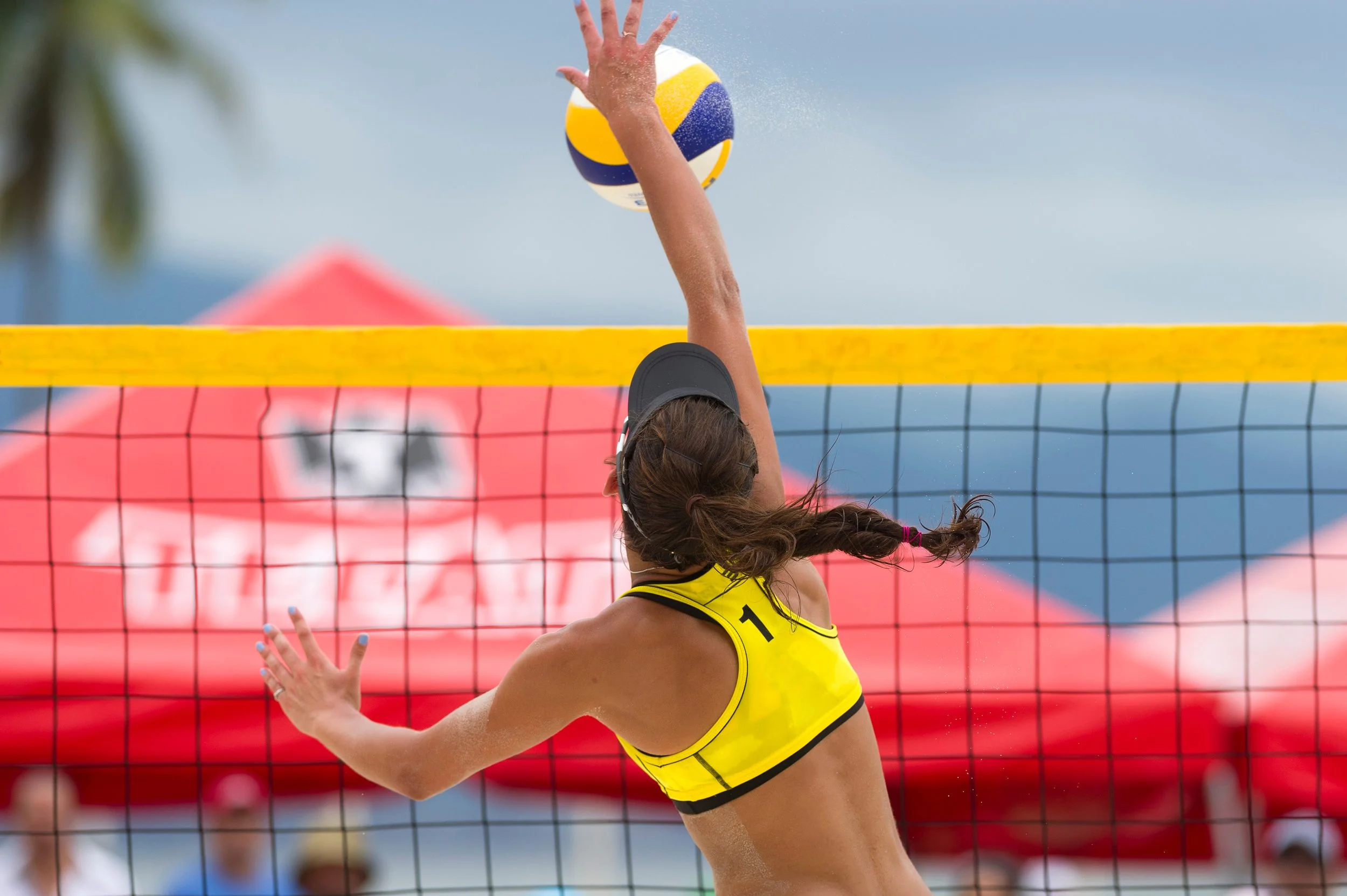Rotator Cuff Injuries
Rotator cuff injuries affect the muscles surrounding the shoulder joint that stabilize the shoulder and facilitate movements. Cuff tears occur due to trauma, overuse, or degenerative changes. Conservative treatments are typically the first step of care, but surgical repair may be required.
The shoulder’s incredible mobility sets it apart from other joints; however, this mobility comes with a trade-off of reduced stability, making it susceptible to injuries.
What is the rotator cuff?
The stabilizing muscles in the shoulder joint are referred to as the rotator cuff—a group of four distinct muscles: supraspinatus, infraspinatus, teres minor, and subscapularis. These rotator cuff muscles are essential for maintaining strength and mobility within the shoulder joint.
What causes a rotator cuff injury?
A combination of aging, overuse, and shoulder weakness in individuals over 40 typically causes rotator cuff injuries.
Overuse injuries are common in sports like baseball, softball, tennis, and volleyball and certain jobs like construction, carpentry, painting, and assembly line work.
Rotator cuff tears can also occur because of a traumatic injury such as an unexpected fall, car accident, or even heavy lifting at the gym.
What are the symptoms of a rotator cuff tear?
Wondering what a torn rotator cuff feels like? It can be difficult to detect because symptoms appear gradually but common symptoms include:
Dull ache in your shoulder (often the outside of the shoulder)
Acute pain during overhead activities
Popping or cracking with shoulder movement
Difficulty sleeping when lying on your injured shoulder
Limited range of motion
Difficulty or instability with simple tasks like reaching for an object overhead or washing your hair
Rotator Cuff Diagnosis
Diagnosing a rotator cuff tear involves a physical examination, patient history, and MRI imaging. You can expect Dr. Money to ask questions about the history of your injury, how it occurred, symptoms you’ve experienced, and previous shoulder injuries or dislocations.
Rotator Cuff Treatment
The treatment of rotator cuff tears depends on the severity of the injury and the patient’s age, overall health, and activity level. Not all rotator cuff tears require surgery.
Non-Surgical Rotator Cuff Treatment
In most cases, Dr. Money recommends conservative treatment as a first step for patients with rotator cuff tears. Conservative treatment options include rest, ice, anti-inflammatories, corticosteroid injections, and physical therapy.
If you’re still experiencing pain and weakness after non-surgical treatments, surgery may be the best option for you.
Surgical Treatment of Rotator Cuff Tears
Rotator cuff surgery is a minimally invasive surgery. During the surgery, the surgeon uses small incisions and an arthroscope (a small, tube-like camera the size of a pencil) to remove damaged portions of the tendon and reattach torn portions of the tendon.
Rotator Cuff Recovery Time
The recovery time for rotator cuff surgery depends on the severity of the tear and the patient’s age, overall health, and adherence to physical therapy protocols. Typically surgical patients experience the following recovery timeline:
Shoulder is immobilized in a sling for 4-6 weeks
Physical therapy and gradual increase in activity 6-12 weeks
Strengthening and increasing activity 3-6 months
Return to normal activities 6-12 months
Return to athletics 9-12 months
Supporting Your Recovery
As a former collegiate athlete, Dr. Money understands a 9-12 month recovery from rotator cuff surgery is challenging for athletes and active adults—which is why he recommends conservative, non-surgical treatments whenever possible.
As you weigh the pros and cons of your treatment options, you can expect to work with a surgeon who understands your passion and who’s eager to help you successfully recover.
Schedule a Rotator Cuff Evaluation
Concerned about your rotator cuff? Schedule a visit with Dr. Money at Rothman Orthopeadics Winter Garden, serving Clermont, Ocoee, Windermere, Dr. Phillips, and the greater Orlando area.

